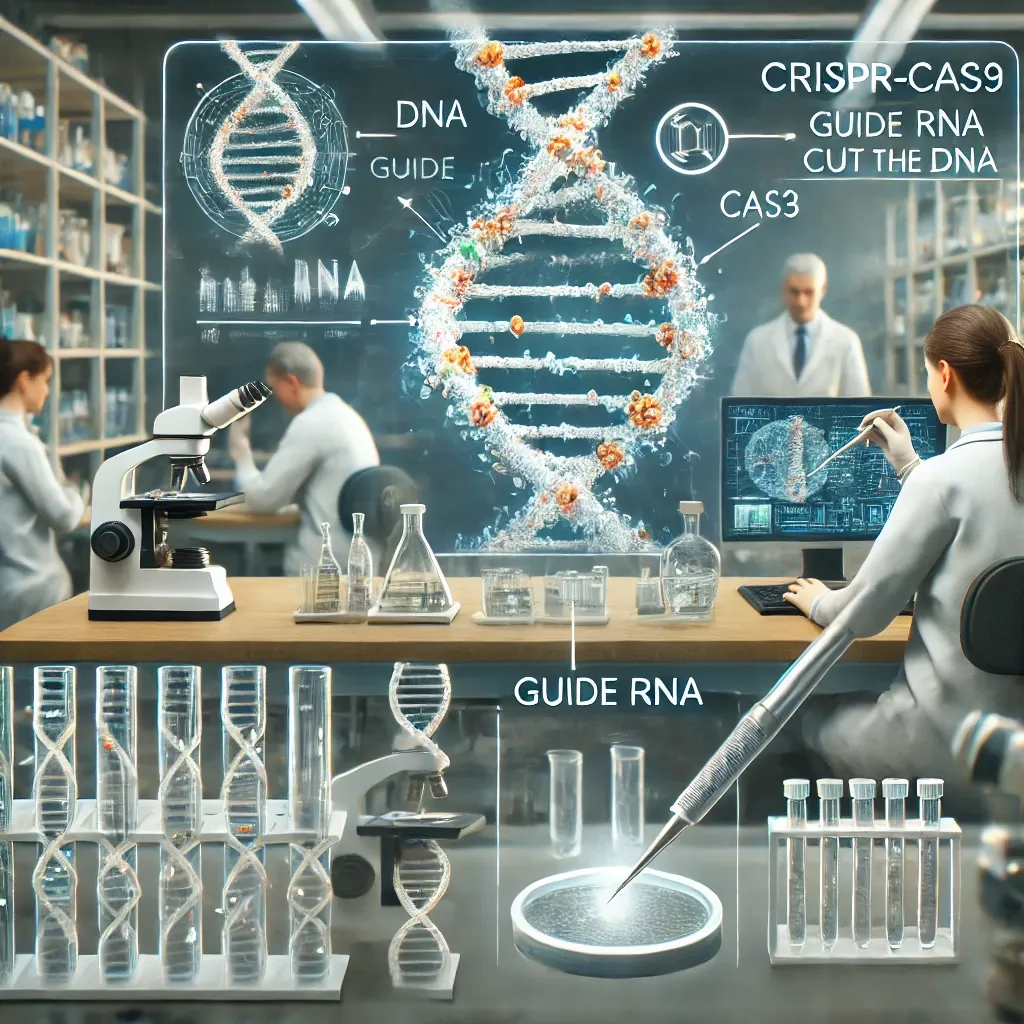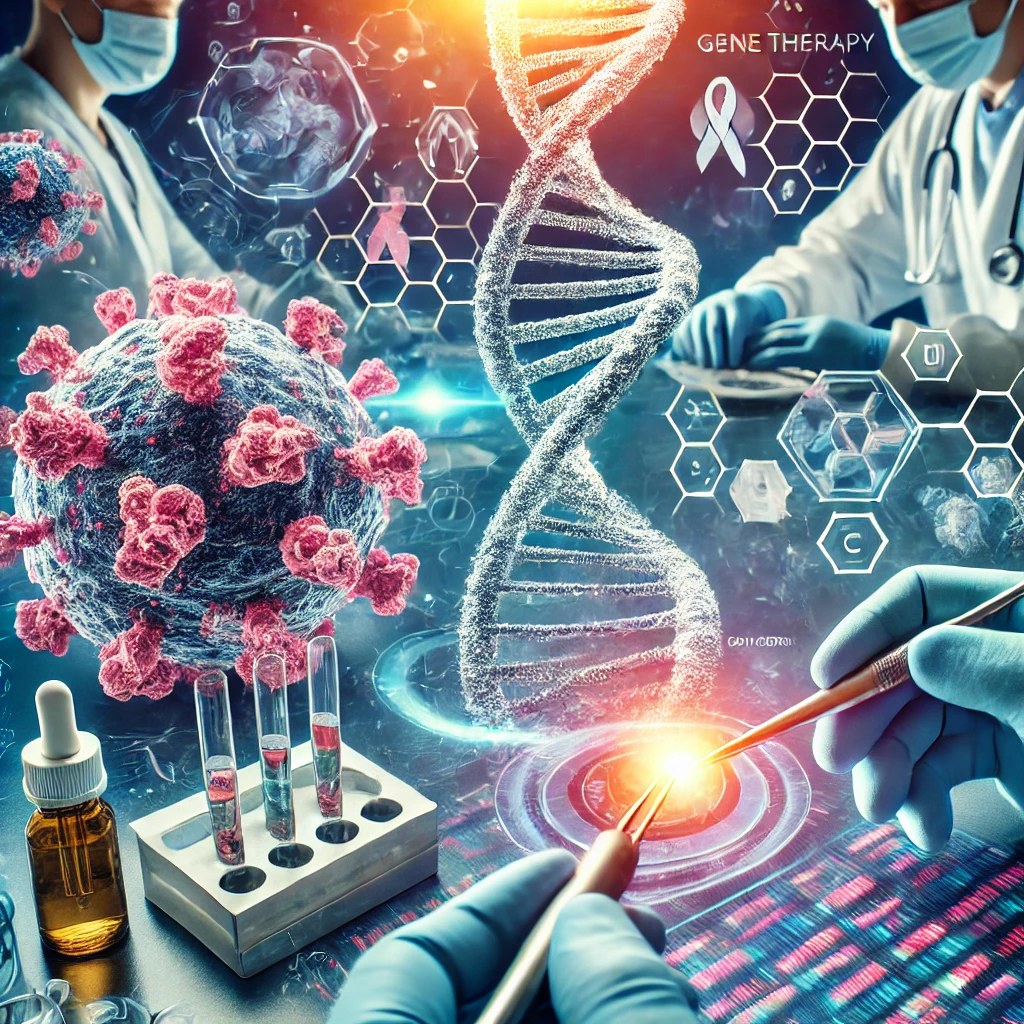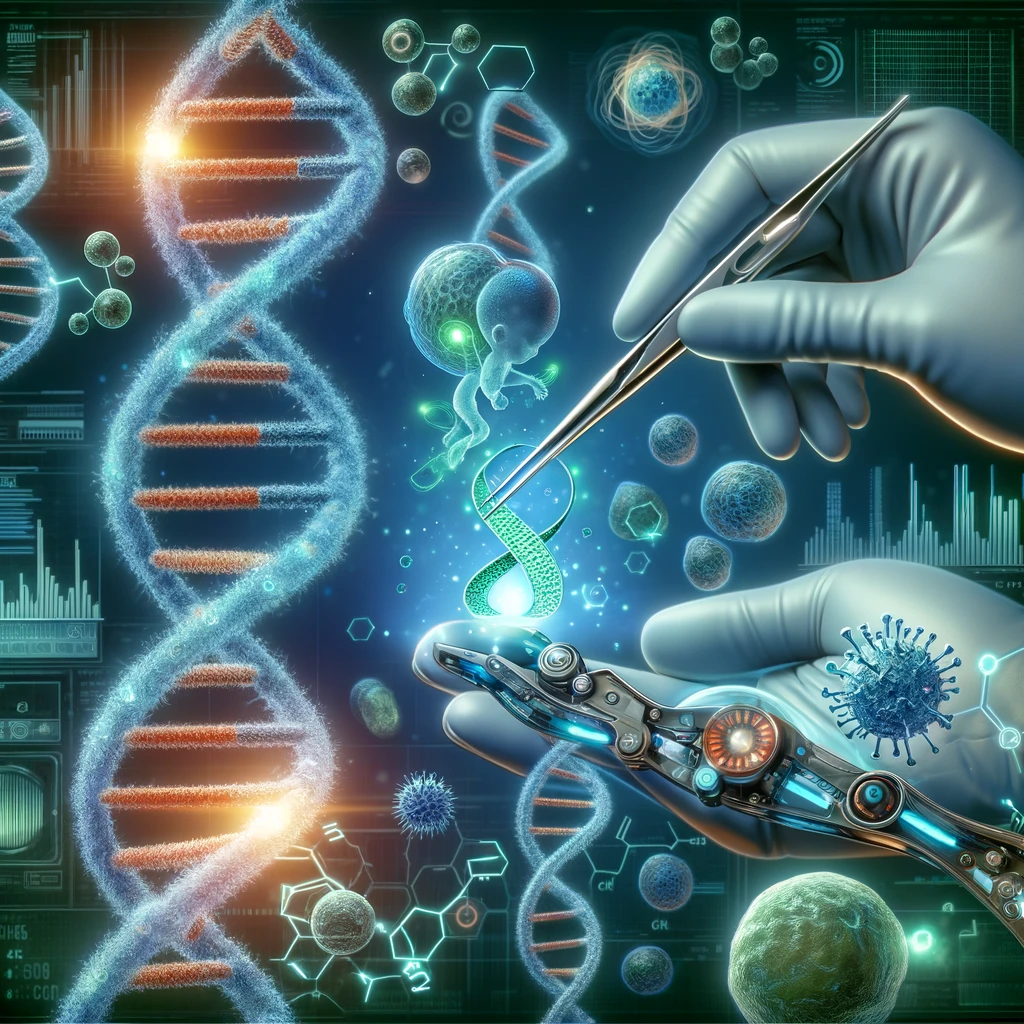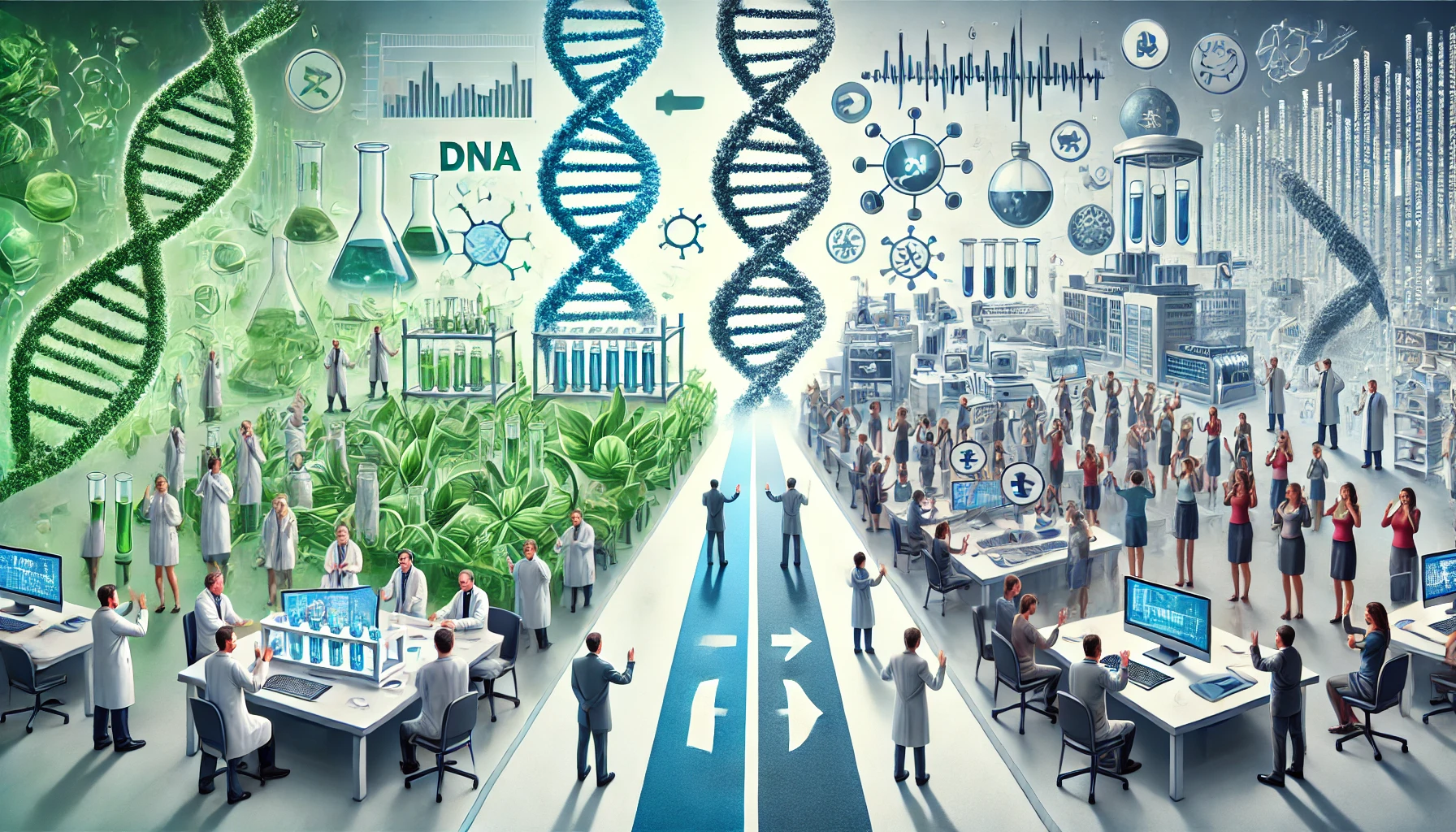Gene Editing (All Articles)

What Are the Worries About Changing DNA?
Gene editing raises significant concerns, including safety risks like unintended genetic consequences and ethical dilemmas such as the potential for "designer babies." The study found that 70% of people worry about unforeseen effects, and 60% fear the misuse of gene editing for non-medical purposes. There are also concerns about inadequate regulations and the long-term impact on future generations. How can we ensure that gene editing is used responsibly to maximize benefits and minimize risks?
CLICK HERE!
What Gene Treatments Help Fight Cancer?
CLICK HERE!
What Is Changing DNA in Reproductive Cells?
CLICK HERE!
What is the public view of gene editing?
The public views gene editing with both hope and caution. While 60% support its use for curing diseases, only 30% approve of enhancements like designer traits. Ethical concerns are high, with 70% fearing unintended consequences. Should stricter regulations guide this technology’s future? Click below to explore!
CLICK HERE!